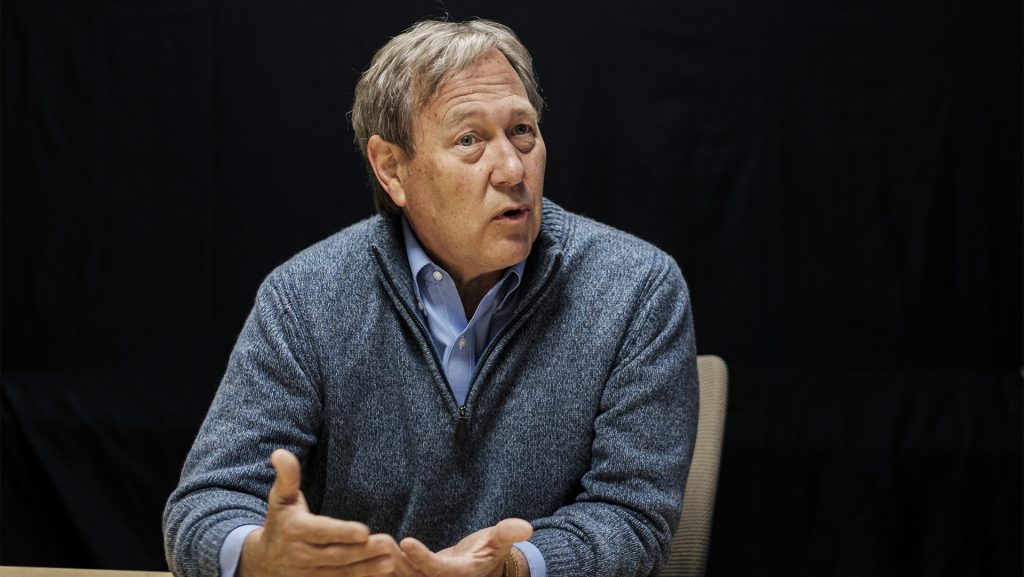Over the past 20 years, Iowa has experienced a generational disinvestment in public higher education.
In 1998, the budget of the state of Iowa was $4.36 billion, there were 27,871 students on the University of Iowa campus, and the appropriation for the university was $223 million. Fast forward to 2018 and the state’s budget is $7.26 billion, there are 33,564 students on the UI campus, and the appropriation for the university is only $216 million.
Over two decades, the budget in Iowa grew by $2.9 billion and the University of Iowa lost more than $6 million in funding while serving 5,693 more students.
RELATED: Iowa regents not releasing tuition proposal at February meeting
This disinvestment is now impacting the children of those who graduated from the UI 20 years ago. These 42-year-old adults were supported by Iowans in their pursuit of a public education. Yet, their 18-year-old children are not receiving the same support, and are actually receiving less support. What does this say about our priorities, and what does it tell these current students who will, in the next four years, choose whether to stay in Iowa or explore career options somewhere else?
With the state considering another disinvestment in public higher education, the UI must align its strategic objectives with the resources available. First and foremost, this means that the university must continue to recruit new talent and increase salaries for all employees whose performance merits it. To stop hiring critical talent and withhold performance-based salary increases would negatively impact the UI’s long-term mission of student success, research, scholarship, and economic development.
RELATED: Editorial: Iowa must reinvest in higher education
But because of the ongoing disinvestment, the UI cannot continue doing everything it has done in the past. Fortunately, working with our campus leaders, we have developed a process for dealing with just such a challenge. We now have a model of each college’s economics, as well as the shared services supporting them. Using this information, our deans, along with other key leaders across the university, will recommend steps to cut expenses and increase revenues in ways that respond to the legislature’s continued disinvestment without sacrificing our ability to fulfill the goals of our long-term strategic plan.
The University of Iowa has a bright future because of the people on this campus, and we have weathered this past 20 years of divestment by working together, but it is time for our university to stop just hanging on. It is time for us to press forward and define our future.
RELATED: Guest Opinion: Lack of state support will impact student services
In order to do that, the university must increase its tuition so that it can compete nationally for the best and brightest faculty and staff. Requesting a tuition increase from the Board of Regents is not an action that the university takes lightly; however, it is necessary in light of the past 20 years of disinvestment. Our students deserve the same level of education as students from Minnesota, Michigan, Indiana, and Illinois.
These actions taken together, aligning our resources toward our future and increasing our tuition so we can compete, will allow the university to define the future for the next generation. As we approach the University of Iowa’s 171st birthday, we will honor our history and the history of those Iowans who came before us. We remain committed to our mission of education and service to our students, our state, and the world.
Go Hawks!
— J. Bruce Harreld
University of Iowa President
#NoFundingNoFuture
As the UI seeks funding from the state Legislature for its fiscal 2019 appropriations request and faces the possibility of more midyear budget cuts, the DI will publish informational pieces and pieces from UI community leaders highlighting the value of higher education and calling for advocacy. Continue checking dailyiowan.com as Iowa’s universities face this critical issue.



